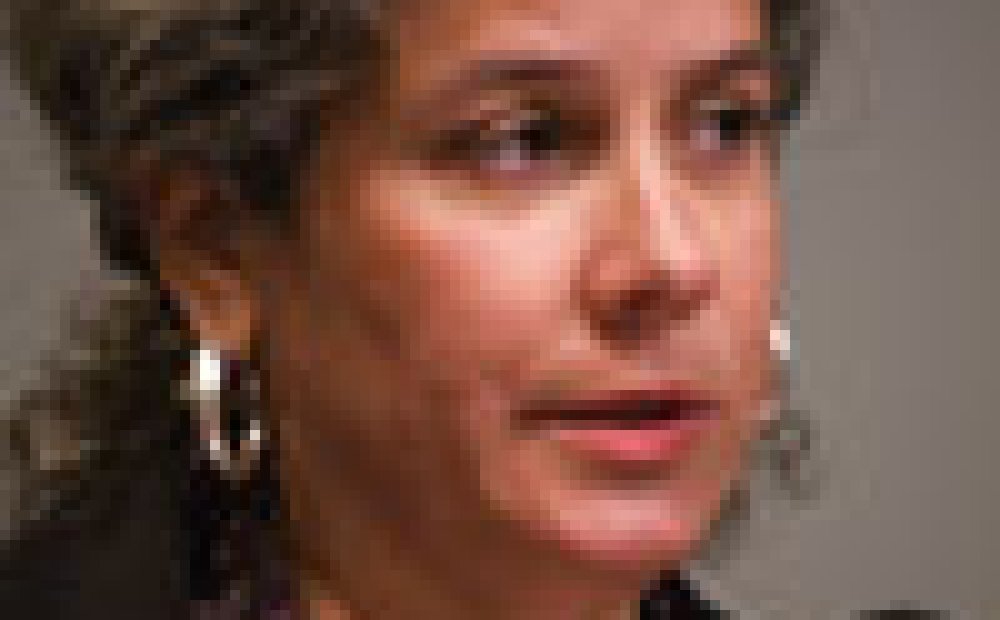Crime, Violence, and Security in the CARICOM: Creating community in the Caribbean

Concerns about rampant crime and violence have long dominated the security agenda of Caribbean countries. A 2007 report by the United Nations Office on Drugs and Crime and the World Bank claims that the Caribbean has the highest murder rate than any region in the world and an assault rate well above the global average. Gaps between planned solutions and crime fighting activities, as well as differences between collective expectations about what is required to deal with crime, are the source of important challenges to security in the region. To discuss these challenges, the Latin American Program convened an international panel of officials, analysts, and representatives of civil society, to examine the current state of crime fighting efforts in the Caribbean, and how can these efforts be improved.In a keynote address, Ambassador Albert Ramdin, assistant secretary general of the Organization of American States, described the complicated security scenario of the Caribbean, its consequences for the socioeconomic health of the region, and its importance for the rest of the Western hemisphere. Citing statistical evidence that a one-third reduction in the region's homicide rate would double the Caribbean's per-capita economic growth, he described the complicated task of dealing with drug trafficking, small arms trade, and counter-terrorism with the limited financial and human resources of the small states of the region. Ramdin emphasized the importance of European and U. S. cooperation
in promoting alternative development policies and other measures to curtail drug trafficking and the illicit arms trade, as well as ensuring that advanced industrial country policies regarding the deportation of criminals do not pose additional burdens on an already complicated scenario for Caribbean authorities.Conflicts between regional expectations and national priorities have been an obstacle in collective Caribbean Community (CARICOM) crime fighting efforts, according to Francis Forbes, CEO of IMPACS, CARICOM's security agency. While regional security has been given a "fourth pillar" status among the organization's institutional goals, Forbes explained how resource capability challenges, problems in intelligence sharing and standardizing of criminal records, the lack of political support from authorities, and inward oriented rather than region-oriented mentalities, among other difficulties, have hampered collective efforts to fight crime in the Caribbean.
In contrast to the English speaking Caribbean, Lilian Bobea, FLACSO-Dominican Republic, reflected on the experience of the Dominican Republic and the Democratic Security Plan launched by President Leonel Fernández. Coercive crime fighting tactics do not help advance towards long term goals like establishing the rule of law. The Democratic Security Plan capitalized on quantitative and qualitative information regarding public perceptions of crime in the Dominican Republic to build a plan that boosted communal participation and unity in the fight against crime. Results seem to confirm that this approach worked: in the Santo Domingo pilot neighborhood where the plan was first implemented, violent deaths dropped 63 percent.
John Rapley of the Caribbean Policy Research Institute explained how state failure in the developing world, combined with the transnationalization of criminal activity and networks, has led to new forms of governance in gang-run localities that create a contest between the official state and emerging sub-state actors with autonomous resource bases. This "new medievalism" thrives in places such as Jamaica, where the state has been unable to provide the services required by its citizens, and the resulting vacuums are filled by criminals involved in illicit activities. Criminal networks thus become politically legitimate structures of governance for a population that feels excluded from the global economy. Rapley concluded that a strategy for dealing with crime must involve the political structures which provide the space for such actors. Conversely, in her analysis of guns and arms trading from a civil society perspective, Folade utota of the Women's Institute for Alternative Development explored how male socialization in Trinidad has led to a militarized identity among young men that links the use of arms to a validation of masculinity, especially when these men face widespread unemployment and illiteracy. The answer to violence, according to Mutota, lies in the search for alternative social identities wherein masculine conceptions are delinked from the use of firearms.
Reflecting on U. S. policy towards the Caribbean, Johanna Mendelson-Forman, Center for Strategic and International Studies, emphasized the importance for the United States of creating a partnership with Caribbean countries, while highlighting the role the region plays as the "third border" of the United States, similar to Canada and Mexico. Previous policies towards the Caribbean, such as the Caribbean Basin Initiative and the Third Border Initiative, must be expanded to handle the essentially "borderless" phenomena confronting the region: crime, drug trafficking, money laundering, health crises, climate change, and immigration. Solutions to these problems, according to Mendelson-Forman, require U.S. leadership together with multilateral collaboration, as well as strengthening local institutions and reforming and reinforcing the security sectors of Caribbean states.
Hosted By

Latin America Program
The Wilson Center’s prestigious Latin America Program provides non-partisan expertise to a broad community of decision makers in the United States and Latin America on critical policy issues facing the Hemisphere. The Program provides insightful and actionable research for policymakers, private sector leaders, journalists, and public intellectuals in the United States and Latin America. To bridge the gap between scholarship and policy action, it fosters new inquiry, sponsors high-level public and private meetings among multiple stakeholders, and explores policy options to improve outcomes for citizens throughout the Americas. Drawing on the Wilson Center’s strength as the nation’s key non-partisan policy forum, the Program serves as a trusted source of analysis and a vital point of contact between the worlds of scholarship and action. Read more
